Nippon Steel Group's Contribution to SDGs
Steel contributes to make our life more convenient and pleasant, by being used everywhere in our life and society, and as an indispensable part of resilient infra-structure against natural disasters caused by earthquakes, abnormal weather driven by climate change, and other factors. Steel is also an indispensable material element for achieving SDGs, as it helps reduce environmental impact due to its weight reduction, extension of its product life, etc. on top of being abundantly available and able to be recycled. As a supplier of steel, we strive to implement our Three Ecos and innovative technologies as measures against climate change. We also promote sustainable measures so as to not waste resources. These measures include use of by-product gas generated in steelmaking, reuse of recycled water, and recycling of by-products and waste generated in and out of the company.
Examples of specific initiatives
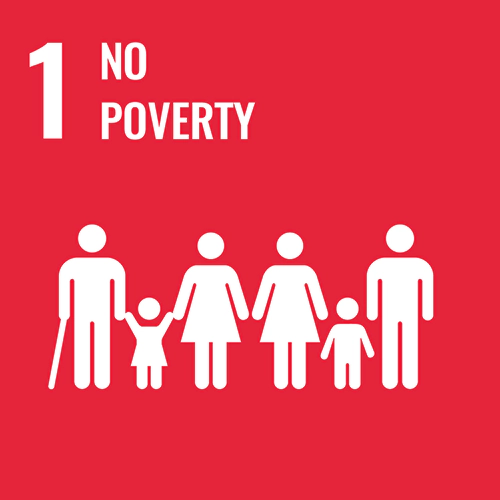
- Job creation through establishment of operating companies in emerging countries
- Reduction of vulnerability to disaster based on use of Nonframe method(construction method to stabilize slopes without damaging the natural environment)
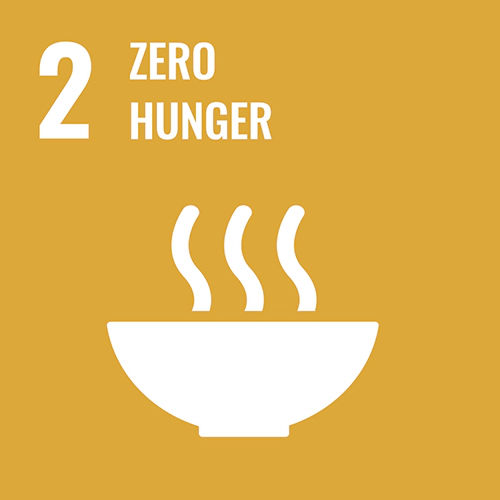
- Use of converter slag fertilizer, a by-product of steelmaking, to improve farming productivity and salt damage in farmland
- Provision of titanium and stainless steel, which have excellent seawater corrosion resistance, for seawater desalination plants, securing agriculture water
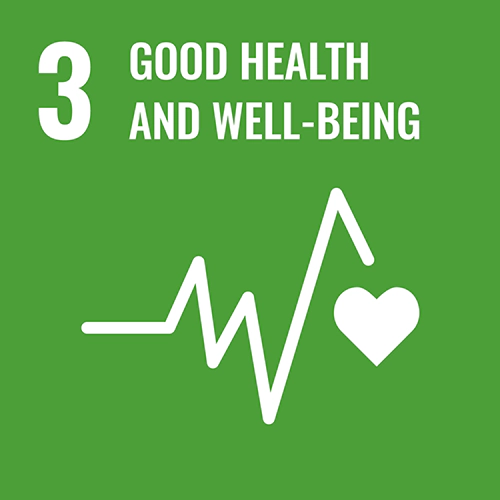
- Promotion of air, water, soil risk management and chemical substance management
- Development and provision of steel products that contain no substances of concern, such as lead and hexavalent chromium
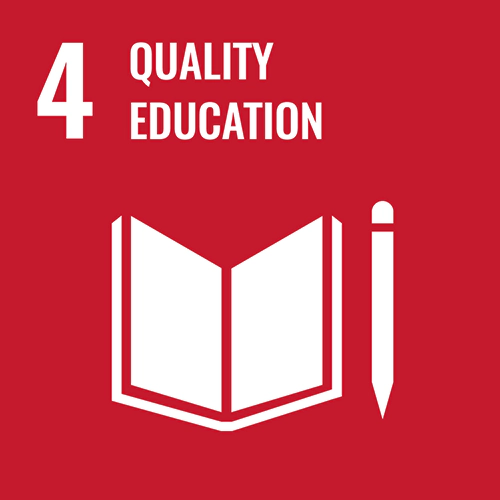
- Promotion of employee training to raise skills (i.e., OJT, Off-JT, sending trainees to Junior College for Industrial Technology), hosting technology triathlon
- Study sessions for teachers, internship for students
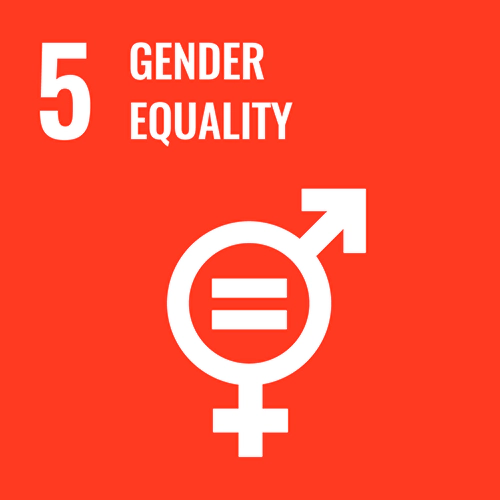
- Improvement of working environment for women, support for career formation and work-life balance
- Increase in female employment and the number of female employees in management
- Prevention of harassment
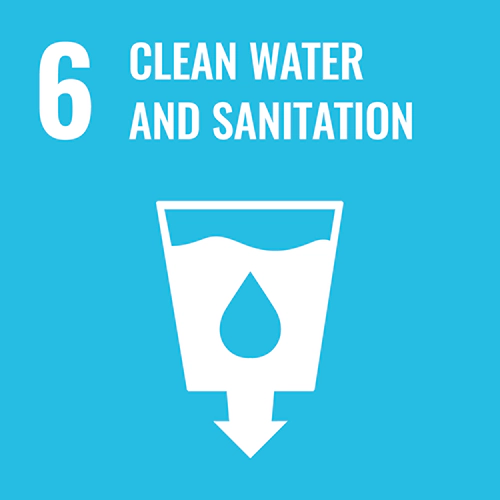
- Recycling and reuse of limited water resources
- Promotion of water quality risk management
- Provision of titanium and stainless steel for seawater desalination plants
- Provision of lining steel pipes for delivery of clean water
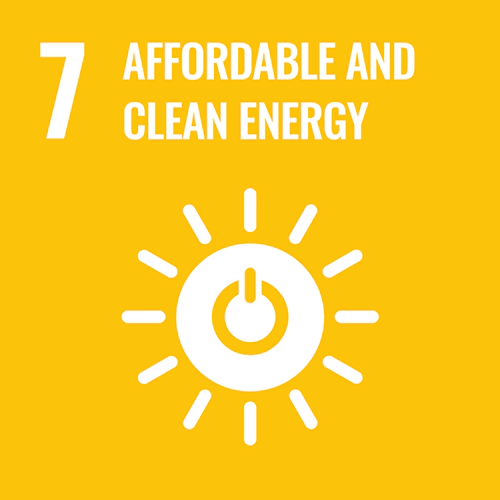
- Efficient use of energy, such as 100% use of by-product gases
- Provision of materials for fuel cells that produce energy from hydrogen
- Development and provision of steel materials for high-pressure hydrogen to support a hydrogen-oriented society
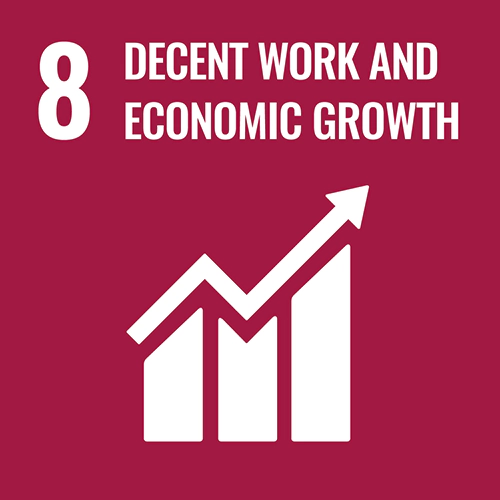
- Promotion of diversity & inclusion (i.e., female empowerment, how to work and how to take time off from work, health promotion, and employment of the elderly and the disabled)
- Promotion of DX to improve workstyle, productivity, worker safety management, etc.
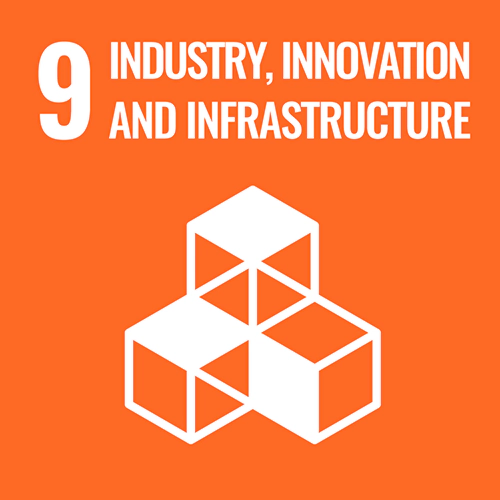
- Pursuit of Eco Processes to help raise resource/energy efficiency and reduce environmental impactimpacts
- Introduction of advanced technologies through bilateral cooperation (India, ASEAN, etc.and others)
- Use of steel slag in road materials and materials for civil engineering
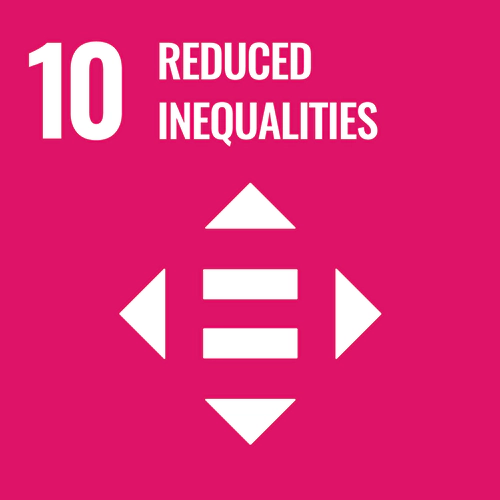
- Thorough compliance training, such as for the Anti-Monopoly Act
- Eliminating unfair discrimination, based on the respect on human rights
- Expanded hiring of women and non-Japanese
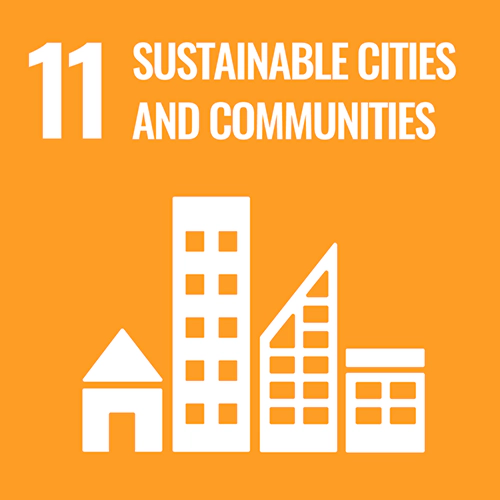
- Provision of various indispensable Eco Products for daily lives
- Provision of earthquake-resistance steel products
- Development of Nonframe method, which protects houses from disaster while maintaining views of nature
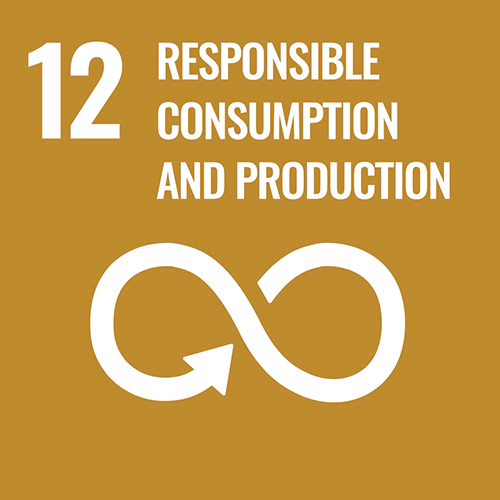
- Promotion of air, water, soil risk management and chemical substance management
- Full recycling of by-products, including slag, dust, and sludge
- Promotion of recycling of waste plastics
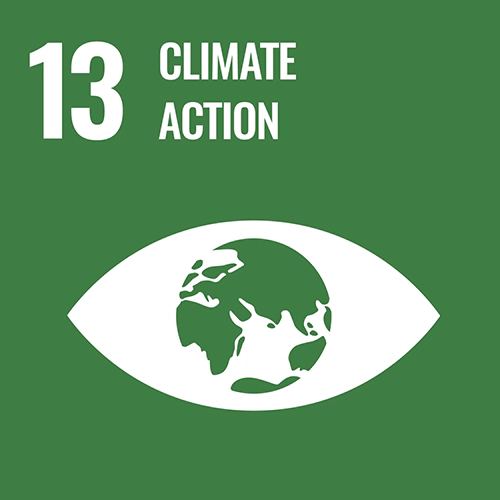
- Promotion of measures against climate change by implementing the Carbon Neutral Vision
- Development and provision of Eco Products, such as high-tensile, lightweighted, energy-efficient steel sheets and light-weight railway wheels and axles for high-speed railways
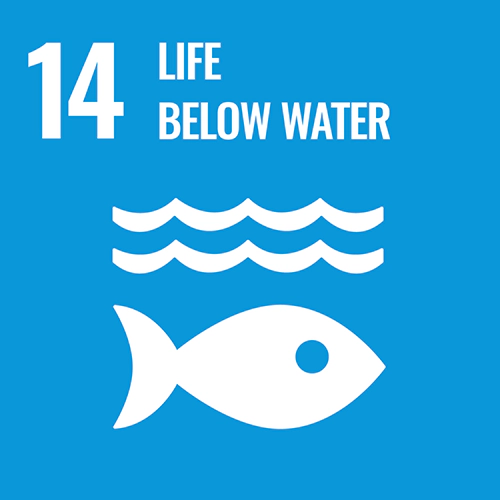
- Regeneration of seaweed beds with the use of steel slag
- Promotion of sea area environmental improvement with the use of steel slag
- Voluntary clean-up activities at seashore nearby steelworks
- Collaboration with an NPO, “Mori wa Umi no Koibito” (participation in tree-planting)
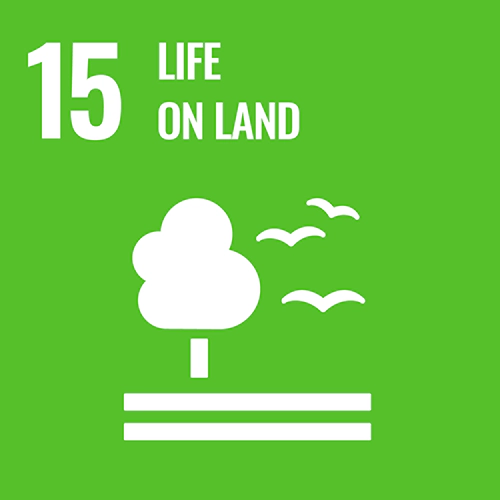
- Promotion of air, water, soil risk management and chemical substance management
- “Creation of Hometown Forests” to promote greenery within steelworks
- Site cleaning activities around steelworks
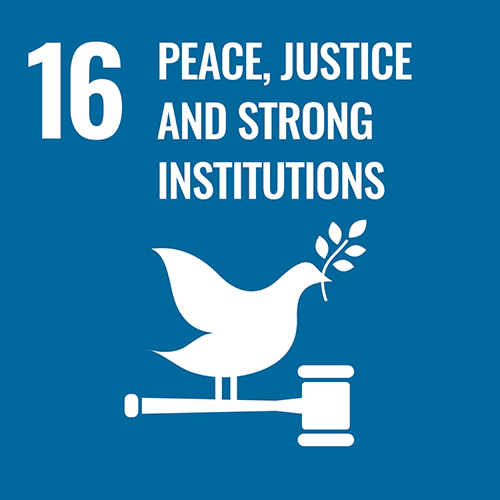
- Bribery prevention guidelines to be established and made well known
- Elimination of antisocial forces
- Thorough confirmation of no use of conflict material
- Thorough management of security export control
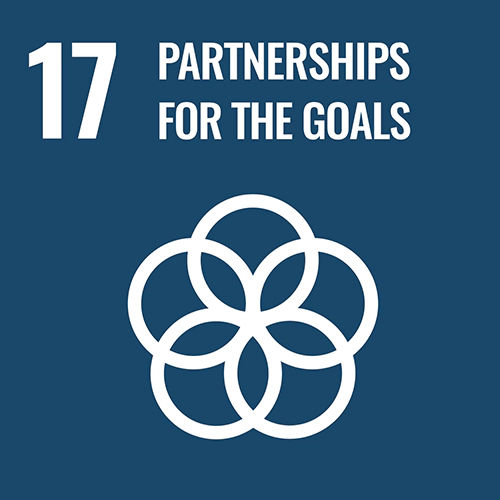
- Eco solutions to transfer and spread environmental, energy-saving technologies to emerging markets
- Japan-India and Japan-ASEAN regular exchanges among public and private steel-related parties
- Support for human resources development to build an energy management system in emerging countries